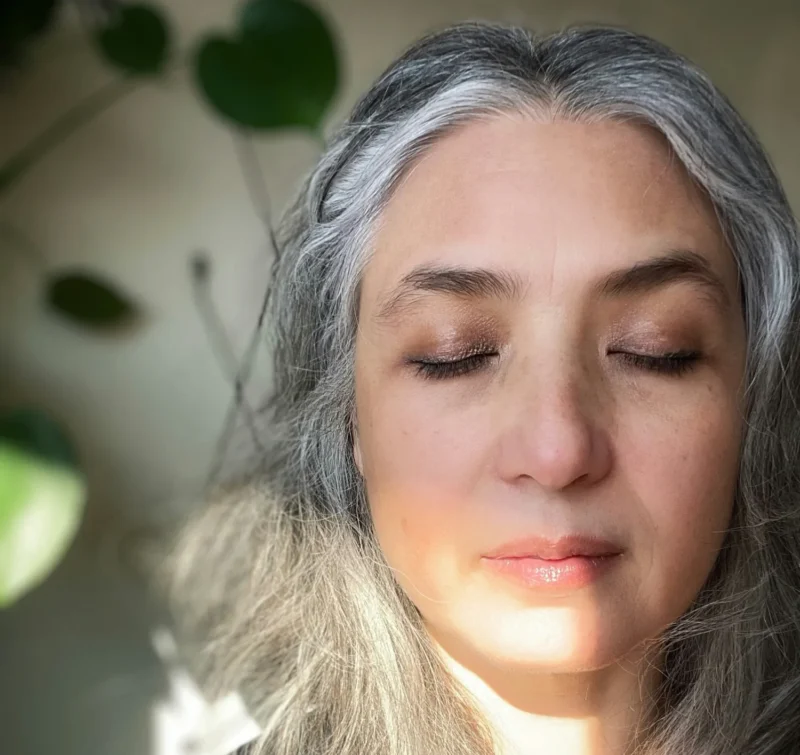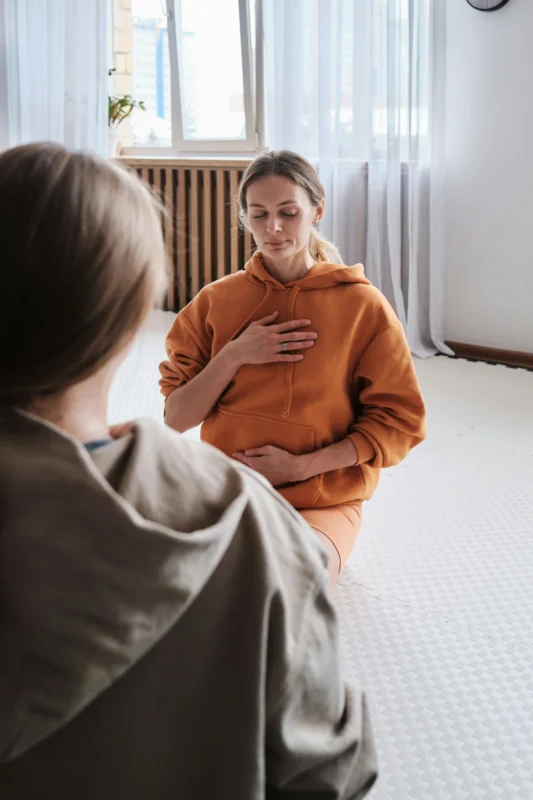
Benefits of Relationship Counselling or Couple Therapy
Marriage/de facto relationships are associated with better physical and mental health
Hundreds of studies have found that those in marriages experience greater psychological wellbeing. People in marriages, compared with those who are single, tend to be less stressed, depressed and anxious. They also tend to experience greater physical wellbeing. They drink less alcohol, have lower blood pressure and face lower risk for mortality.
However, not all relationships are good for people. Those in strained relationships have poorer mental health than those who are single.
Couple therapy can help: Is it right for you?
Studies have shown large benefits from couple therapy. For instance, ninety percent of those who receive Emotionally Focused Therapy for couples report significant improvements in their relationships. In many cases, couples get an immediate short-term boost to their relationship, and over time improvements can come in many forms. Couples who stay together report greater intimacy, understanding, communication and fulfillment. Couples who engage in therapy and decide to end their relationships report less distress, recover emotionally more quickly, and feel less anger towards their partners.
How does couple therapy work?
Couple therapy helps people to gain insight into their relationship, resolve conflict and improve relationship satisfaction utilising a variety of therapeutic interventions. Couple therapy involves:
- A focus on a specific problem (e.g. sexual difficulties, Internet addiction, jealousy)
- Active participation on the part of the therapist in treating the relationship itself, rather than each individual separately
- Solution-focused, change-oriented interventions, particularly early on in treatment
Couple therapy can resolve a current problem, prevent an exacerbation of problems or simply provide a “check-up” for a happy couple who are experiencing a period of transition or increased stress. Common areas of concern addressed in couple therapy include issues with money, parenting, sex, infidelity, in-laws, chronic health issues, infertility, gambling, substance use, poor communication skills, emotional distance and frequent conflict.
Barriers to seeking couple therapy
Unfortunately, couples take an average of six years of relationship dissatisfaction before seeking counselling. There are a few reasons for this. Some think that their partner is “the problem,” and do not focus on relationship dynamics. Some might think couple therapy is only meant for very serious issues affecting a relationship, including infidelity or addiction. Others may view it as a last-ditch effort before making the decision to end the relationship.
Despite it feeling confronting, it may provide significant improvement in a relationship, even if a couple’s relationship difficulties have existed for a long time. It is sometimes even more effective than individual therapy for a range of issues. Couple therapists aim to be balanced in their approach, and will aim to understand both partner’s experiences – rather than it being an exercise in blame.
Couple therapy is a normal, healthy thing to do – some church organisations encourage their members to engage in premarital counselling, even when they do not report any difficulties. Couples therapy is beneficial for any kind of relationship, whether partners are straight, gay, mixed-race, young, old, dating, engaged or married.
By Dr Owen Spear, Clinical Psychologist at Seed Psychology
Dr Owen Spear is an experienced Couple Therapist and is currently available for patient bookings. Read more about our process here.







